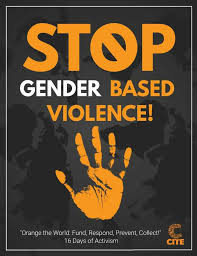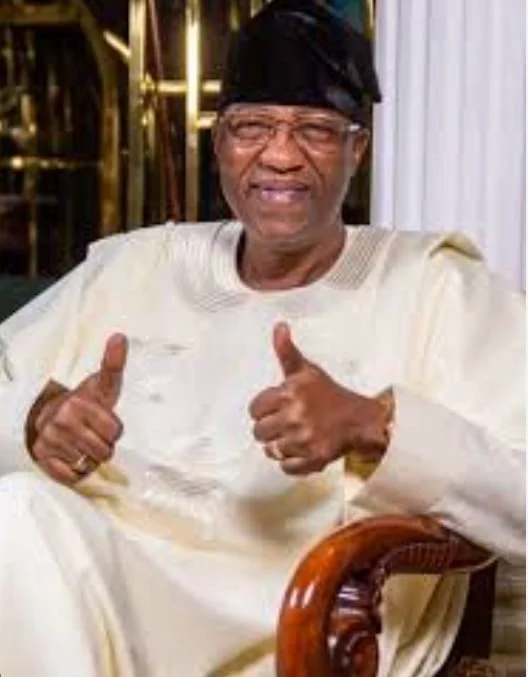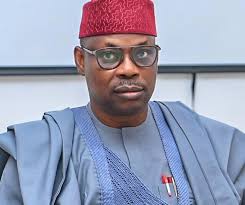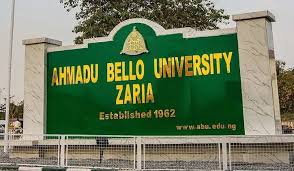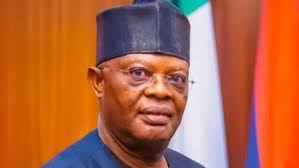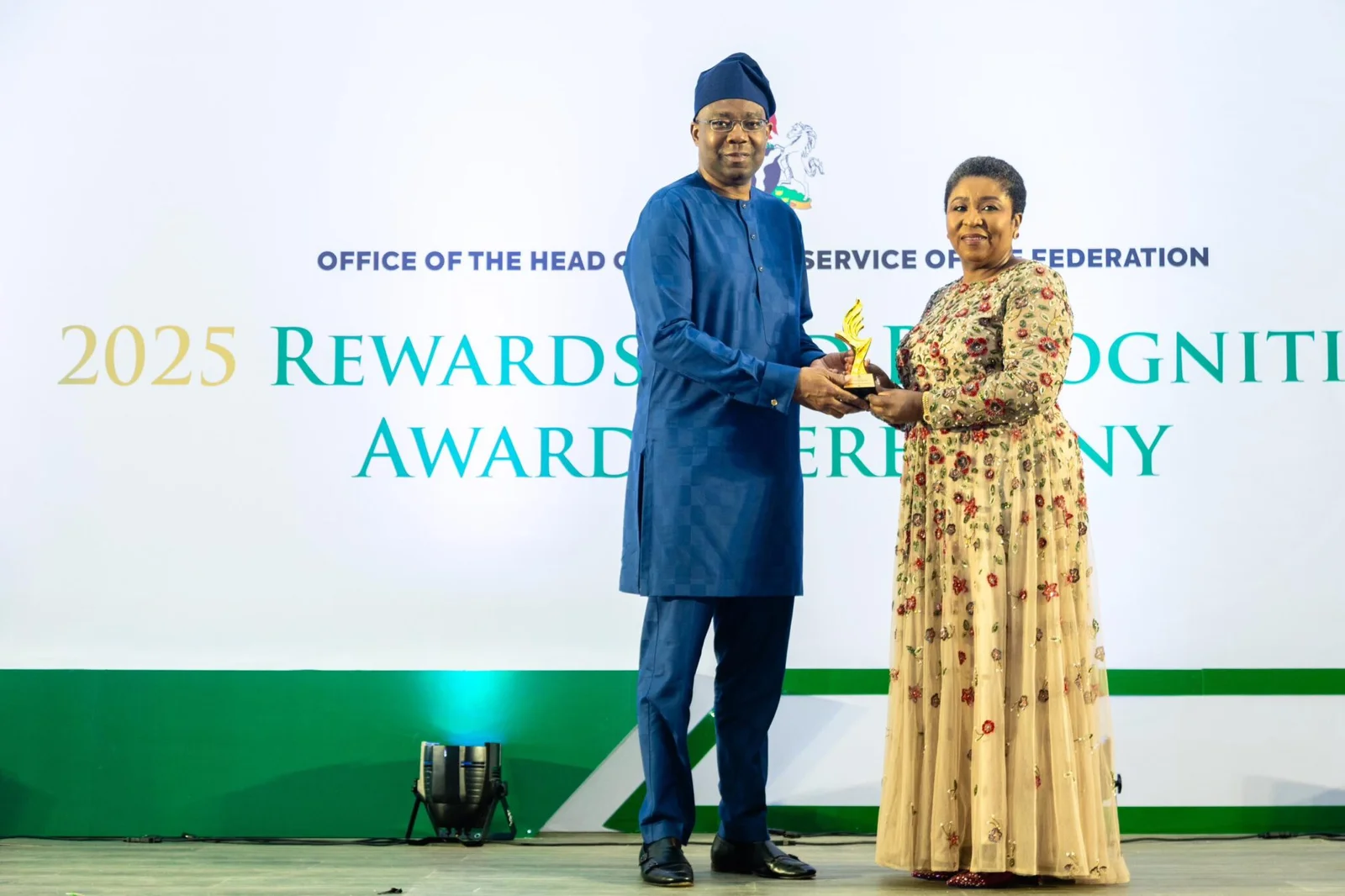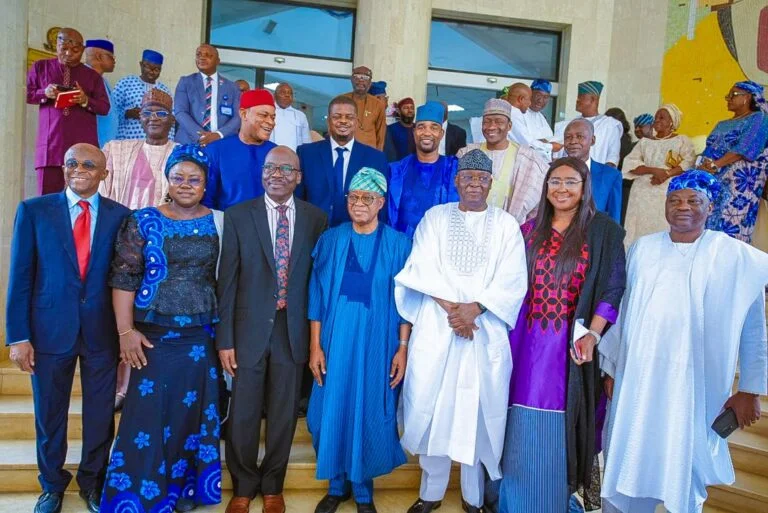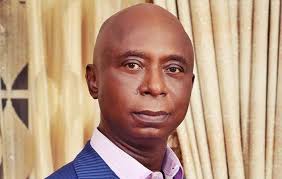CAN sues for stronger legislation to protect victims of GBV
By Philomina Attah
The Christian Association of Nigeria (CAN) on Monday, advocated stronger enforcement mechanisms to protect victims of gender-based violence and to hold perpetrators accountable.
The association also called on church leaders to lead the fight against violence inflicted on women and girls in the country.
CAN President, Archbishop Daniel Okoh, said this at the inauguration of the Gender-Based Violence Prevention Project in Abuja.
The News Agency of Nigeria (NAN) reports that the event, with the theme, “Christian Leaders’ Response to Violence Against Women and Girls”, brought together faith leaders, civil society organisations, and advocates.
Okoh stressed the urgency of the theme, while noting the prevalence of abuse and exploitation faced by women and girls in communities across Nigeria.
“We are daily confronted with heartbreaking stories of abuse, exploitation, and violence, often perpetrated in silence.
“CAN is committed through this project to work with churches across all blocs by raising awareness of gender-based violence and its devastating impact on families and communities.
“We will train clergy and church workers on how to identify, prevent, and respond to cases of abuse.
“We will also promote survivor-centred support systems that affirm the dignity of women and girls,” he said.
He urged Christian leaders to break the culture of silence and shame, calling for an end to the anomaly.
“As Christian leaders, we must join forces with other humanitarian organisations that want an end to this anomaly.
“Men and women of God must not be silent when women are being brutalised in their homes and communities.
“The church must not be indifferent when girls are denied education, dignity, or protection. As Christian leaders, we have the moral responsibility to protect the weak and vulnerable around us.
“We must use our voices, pulpits and influence to break the culture of silence and shame that often surrounds gender-based violence,” the archbishop said.
Meanwhile, he commended the Ford Foundation and WEWE for their tireless work in promoting gender justice and supporting faith-based approaches to social transformation.
He highlighted the importance of collaboration between faith-based and humanitarian organisations.
“This partnership represents what can be achieved when faith meets action and compassion is translated into advocacy and service,” he said.
Quoting Isaiah 1:17, Okoh reminded the audience of the biblical instruction to defend the cause of the fatherless and plead the case of the widow.
He urged the church to follow Jesus’ example by creating safe spaces and speaking out against injustice. (NAN)(www.nannews.ng)
Edited by Esenvosa Izah/Sandra Umeh




